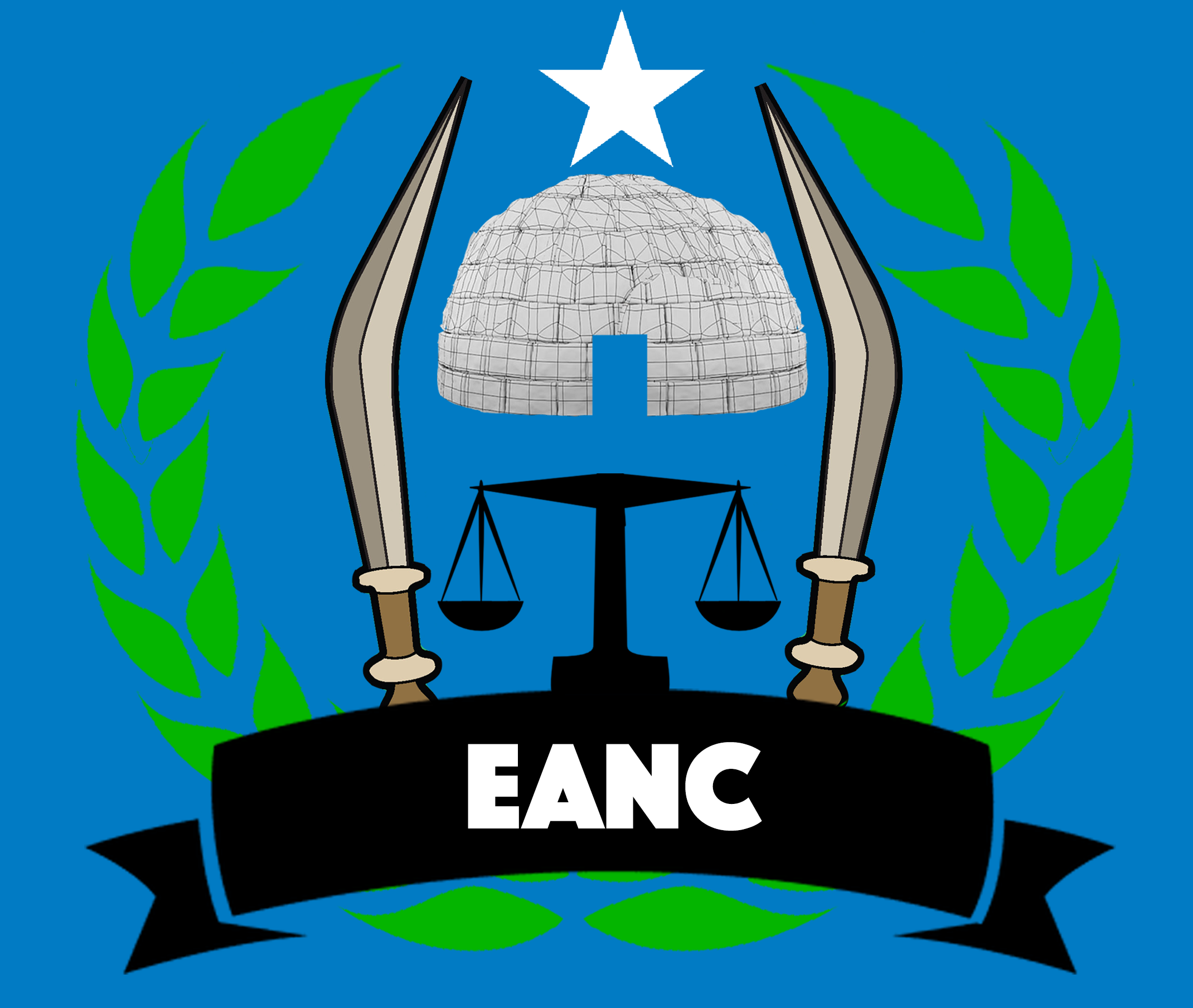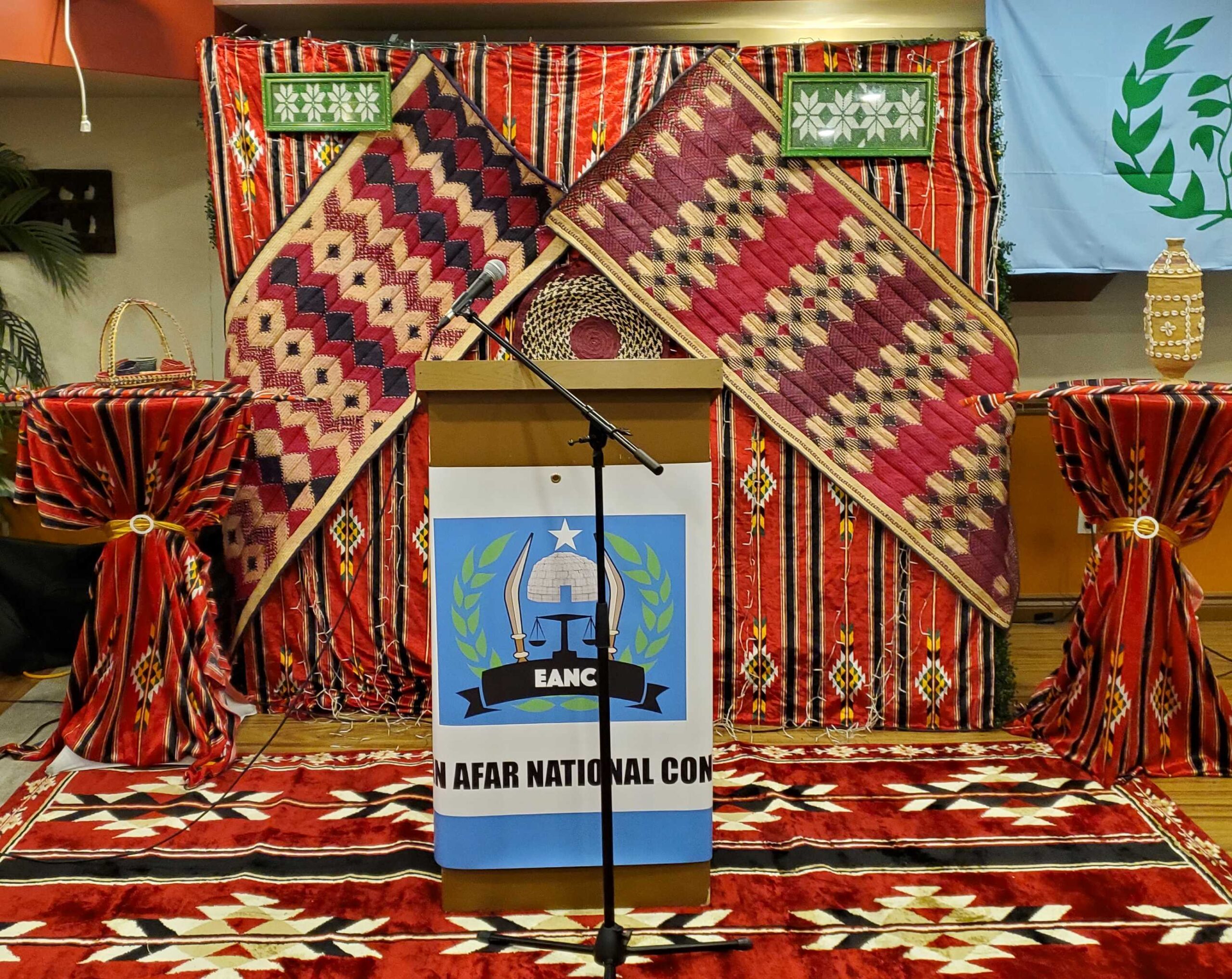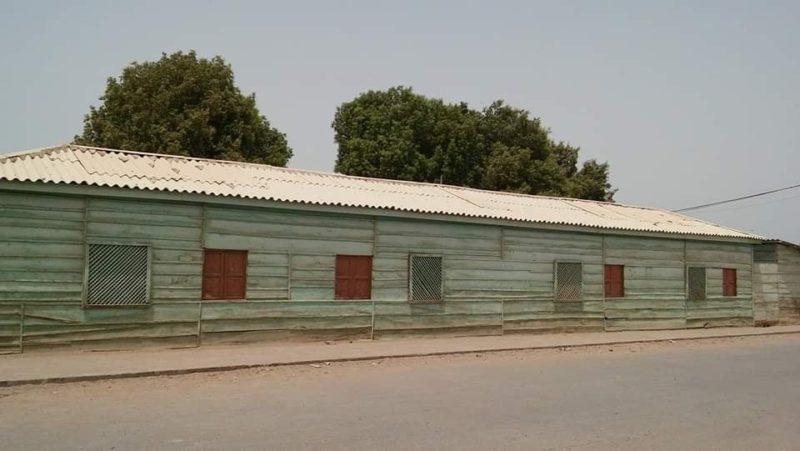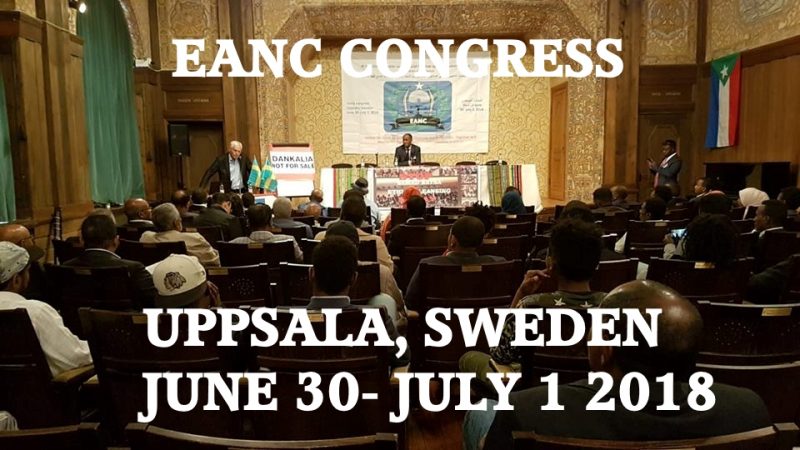
THE UPPSALA DECLARATION
JULY 1st 2018
Resolution of the Eritrean Afar National Congress (EANC)
WE, the Indigenous Afar People of Eritrea, including Afar Elders, women, refugees, youth, Afar political and civic entities, and their senior representative organization, the Eritrean Afar National Congress (EANC), assembled together in Congress at the City of Uppsala, Sweden, declare to the World the solemn will of the Eritrean Afar People as follows:
WHEREAS, the United Nations Commission of Inquiry on Human Rights in Eritrea has found that the Government of Eritrea and Eritrean officials have engaged in an “intentional act to dispossess [Indigenous Afar People] of their ancestral lands, their livelihood and their culture” through violent means that include disappearances, rapes, murders and mass murders since 1991 until today: [i]
AND WHEREAS, both the Special Rapporteur on the situation of human rights in Eritrea and the United Nations Commission of Inquiry on Human Rights in Eritrea have confirmed that the actions of the Eritrean Government and Eritrean officials against Indigenous Afar People constitute the crime of persecution, a crime against humanity;[ii]
AND WHEREAS the United Nations Declaration on the Rights of Indigenous Peoples recognizes that Indigenous Peoples have the right to self-determination and that in exercising their right to self-determination, Indigenous Peoples have the right to autonomy or self-government in matters relating to their internal and local affairs;[iii]
AND WHEREAS the United Nations Declaration on the Rights of Indigenous Peoples recognizes that Indigenous individuals have the rights to life, security of the person, to live in freedom, peace, and security as distinct peoples, to not be subjected to any act of genocide or any other act of violence, to not be subjected to forced assimilation or destruction of their culture, and to not be forcibly removed from their lands or territories;[iv]
AND WHEREAS all member states of the United Nations have a responsibility to protect vulnerable populations from crimes against humanity;[v]
AND WHEREAS Eritrea is a multi-ethnic, multi-religious and multilingual nation.
NOW, THEREFORE, THE ERITREAN AFAR NATIONAL CONGRESS AND ITS DELEGATES:
CONDEMN the persecution and crimes against humanity committed against Afar People by the Government of Eritrea and Eritrean officials;
CONDEMN the Murder, Torture, Rape, Disappearances, Expulsions, Forcible Confinements committed against Afar People by the Government of Eritrea and Eritrean officials;
CONDEMN the destruction of Afar identity, culture, economy and way of life intentionally committed against Afar People by the Government of Eritrea and Eritrean officials;
CONDEMN the uncompensated land expropriations and exploitation of resources in the traditional territory of the Afar people, committed by the Government of Eritrea and Eritrean officials;
CALL UPON all States and in particular, the neighboring governments of Ethiopia and Djibouti to take appropriate measures to protect Afar refugees of Eritrea from ongoing crimes against humanity perpetrated by the Eritrean government;
RESOLVE that Afar People of Eritrea are entitled to autonomy and self-government within their traditional territories; and
RESOLVE to continue to monitor the situation of Afar People in Eritrea and to offer support consistent with the UN Universal Declarations of Human Rights;
WE NOW DECLARE that it is the solemn will of the Eritrean Afar People to participate in a democratic and transitional process for the democratization of Eritrea on the basis of these following principles:
- The rule of law;
- Democracy;
- The equality of each nationality;
- That each nationality shall exercise the rights of self-government and self-determination, in a federation comprised of autonomous regions;
- That Afar people and each nationality shall, through the governments that they freely elect, have the right to own and control their lands and resources including surface and sub-surface resources, sea coasts, fisheries and airspace and shall enjoy the profits therefrom under conditions established by law;
- That the rights of freedom of religion, conscience, political opinion, expression, assembly, equality, mobility, association, and liberty shall be guaranteed;
- That the people of all nationalities shall be secure in their persons, shall be free from arbitrary search, seizure, arrest, detention and charge;
- That no conviction shall occur except by due process of law;
- That the judicial branch shall be independent and secure in its tenure;
- That each nationality shall, through the governments that they freely elect, have the right to protect and preserve the vitality of their language, culture, way of life and economy;
- That the rights of indigenous peoples and minorities shall be guaranteed and protected;
- That Afar customary law shall continue to govern in the private law domain until modified or replaced by competent Afar governmental authority;
- That Afar refugees and the refugees of all nationalities of Eritrea who have fled Eritrea shall have the right of return to their homes and properties in Eritrea, to be compensated for the persecution and for the other losses that they have suffered, and to have Eritrean citizenship;
- That all Afar People shall have the right of return to their ancestral homeland in Dankalia; and
- That Dankalia shall have its borders restored to the traditional borders which the Afar People enjoyed in 1991.
We, by our names, signatures, and marks as set out below, pledge our commitment and resolve to these solemn principles.
[i] “The Commission collected information that the Afar people have been subjected to extrajudicial killings and enforced disappearance by the Eritrean Government since 2000. These killings have also triggered their displacement from their lands within the country and across borders to Ethiopia and Djibouti. This has posed great difficulty to their livelihoods as they depend on their traditional lands for the sustenance as an indigenous ethnic group;” Report of the commission of inquiry on human rights in Eritrea (2016), para 1121, http://www.ohchr.org/Documents/HRBodies/HRCouncil/CoIEritrea/A_HRC_29_CRP-1_Chapter_VI.pdf
[ii] Report of the Special Rapporteur on the situation of human rights in Eritrea, Sheila B. Keetharuth, June 11, 2018, paras 90-93, 109 https://reliefweb.int/sites/reliefweb.int/files/resources/A_HRC_38_50.pdf; Report of the commission of inquiry on human rights in Eritrea (2015), paras 295-6: “the Commission finds that Eritrean officials have committed the crime of persecution [against the Afar and Kunama], a crime against humanity, in a large-scale and routine manner since May 1991,” Report of the commission of inquiry on human rights in Eritrea (2016), paras 88, 112 https://documents-dds-ny.un.org/doc/UNDOC/GEN/G16/093/42/PDF/G1609342.pdf?OpenElement “The Afar and Kunama ethnic groups were particularly targeted in the period from 1998 to 2001. Persecution has been an integral part of the Government’s efforts to maintain its authority in a manner contrary to international law. The commission, therefore, finds that Eritrean officials have committed the crime of persecution, a crime against humanity, in a widespread and systematic manner since May 1991.”
[iii] United Nations Declaration on the Rights of Indigenous Peoples, arts 3,4
[iv] United Nations Declaration on the Rights of Indigenous Peoples, arts 7, 8, 10
[v] United Nations Office on the Responsibility to Protect http://www.un.org/en/genocideprevention/about-responsibility-to-protect.html
[Read more]



 school for Afar.
school for Afar.


 انعقد المؤتمرالتوحيدي لتأسيس المؤتمر الوطني لعفر ارتريا خلال الفترة 30/ يونيو—1/ يوليو من العام الجاري ٢٠١٨م في مدينة اوبسالا بمملكة السويد .في ظل اجواء مفعمة بروح الوحدة ونبذ الخلاف انطلقت فعاليات المؤتمر تحت شعار ( بوحدتنا نقاوم التطهير العرقي الممنهج الذي يتعرض له شعبنا وبها نبني ارتريا وطن تصان فيه حقوق القوميات.) وقد جاء هذا المؤتمر تتويجا لجهود جبارة وعمل متواصل ودؤب قامت به كافة الجهات المشاركة في هذا المؤتمر .كما انه جاء استجابة لندآت كافة [
انعقد المؤتمرالتوحيدي لتأسيس المؤتمر الوطني لعفر ارتريا خلال الفترة 30/ يونيو—1/ يوليو من العام الجاري ٢٠١٨م في مدينة اوبسالا بمملكة السويد .في ظل اجواء مفعمة بروح الوحدة ونبذ الخلاف انطلقت فعاليات المؤتمر تحت شعار ( بوحدتنا نقاوم التطهير العرقي الممنهج الذي يتعرض له شعبنا وبها نبني ارتريا وطن تصان فيه حقوق القوميات.) وقد جاء هذا المؤتمر تتويجا لجهود جبارة وعمل متواصل ودؤب قامت به كافة الجهات المشاركة في هذا المؤتمر .كما انه جاء استجابة لندآت كافة [